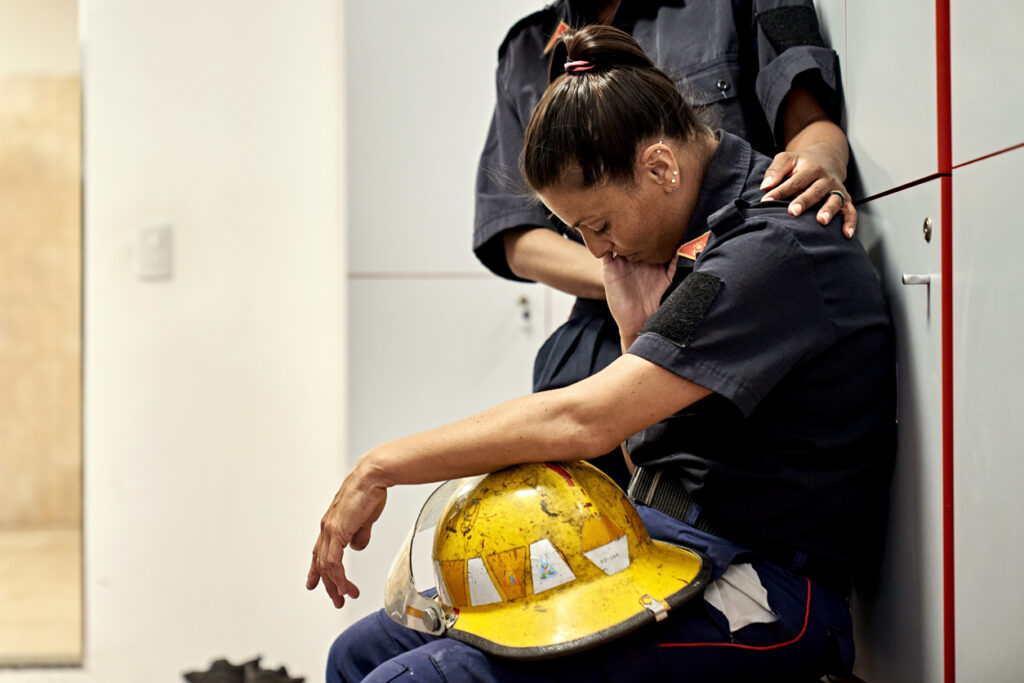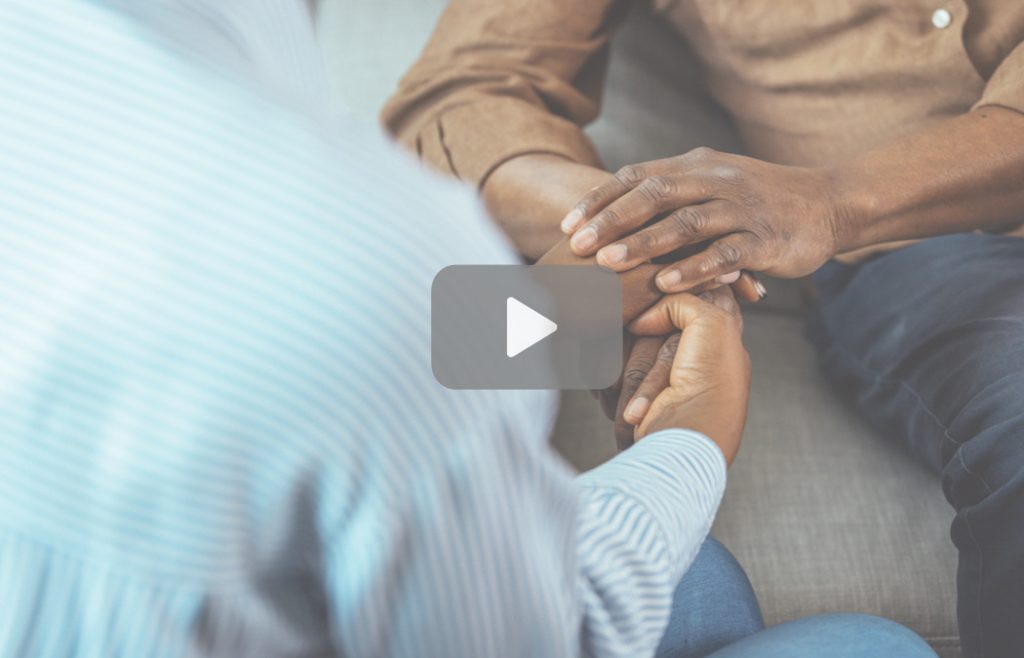Knowledge for You
Subscribe for updates!
Subscribe to monthly alerts to be notified about upcoming online events.

Animal-Assisted Therapy for Public Safety Personnel
Public safety personnel (PSP) routinely encounter high stress, trauma exposure, and occupational pressures that can negatively affect mental health and wellbeing. Traditional support services (e.g., clinical services, exercise, peer support) play an important role, but innovative approaches like animal-assisted therapy are gaining attention for their potential to support stress management and emotional regulation.
This webinar will explore how canine-assisted interventions (CAIs) are experienced by first responders in workplace contexts, and how these programs may contribute to psychological relief, improved mood, and overall wellbeing. The session draws on insights from research in the field, as well as lived experiences within law enforcement settings.
In this webinar we will:
- Describe the unique stressors PSP face and how these impact wellbeing.
- Explore how canine-assisted therapy functions as a mental health and wellbeing resource in the workplace.
- Discuss the effects of CAI on PSP stress, mood, and wellbeing.
- Highlight considerations for implementing CAI programs within PSP organizations.
Speakers
Freya L. L. Green, MA, C-AAIS
University of British Columbia
Freya Green is the program coordinator and researcher for the Building Academic Retention through K9s (B.A.R.K.) program at the University of British Columbia’s Okanagan campus. She holds an M.A. in Education (UBC; 2021) and a B.A. Hons in Psychology and Sociology (UBC; 2017) and is a Certified Animal-Assisted Intervention Specialist (C-AAIS; 2025). She is also a PhD Student at the University of British Columbia studying Interdisciplinary Graduate Studies. Ms. Green’s primary research focus is to understand the impact of canine-assisted interventions on university student and law-enforcement personnel wellbeing.
Dr. John-Tyler Binfet, PhD
Building Academic Retention through K9s (“B.A.R.K.”)
University of British Columbia
Dr. Binfet is the founder and director of UBC’s dog therapy program, Building Academic Retention through K9’s (B.A.R.K.), founded in 2012. Dr. Binfet’s research assesses the effects of canine-assisted interventions, and examines how best to screen, train, and assess therapy dogs and their handlers for work in their communities. Dr. Binfet received his PhD (2000) in Educational and Counselling Psychology and Special Education program and holds a master’s degree in Measurement, Evaluation, and Research Methodology (both degrees from UBC). Prior to his appointment at UBC, Dr. Binfet held faculty appointments at California State University, San Bernardino and Loyola Marymount University.
Facilitated by:
Karilyn Harris, MSc, BA
Knowledge Mobilization Specialist
Canadian Institute for Public Safety Research and Treatment (CIPSRT)
References
Webberson, E., Schroeder, K., Binfet, J. T., & Stellato, A. C. (2024). Supporting animals and veterans through enrichment: An exploratory study on a brief canine socializing intervention. Human Animal Interactions, 12(1). https://doi.org/10.1079/hai.2024.0013
Green, F. L. L. & Binfet, J. T. (2021). Therapy dogs, stress-reduction, and well-being within the detachment: Interviews with law-enforcement personnel. Human Animal Interaction Bulletin, 11(1), 10-35. https://doi.org/10.1079/hai.2021.0018
Binfet, J. T., Draper, Z. A., & Green, F. L. L. (2020). Stress reduction in law enforcement officers and staff through a canine-assisted intervention. Human Animal Interaction Bulletin, 8(2), 34-52. https://doi.org/10.1079/hai.2020.0011
Language translation
This event will be presented in English with the option of simultaneous captions or audio translation in French.
If you wish to make use of this translation service during the webinar: after joining the meeting, please open a browser window (on your desktop, phone, or other device) and use the following link:
https://attend.wordly.ai/join/MMMS-2101
This will enable you to log in to Wordly, our simultaneous translation platform. Be sure to select ‘French’ in the top right corner and keep this window open throughout the meeting.
Recent webinars
Browse video resources

Trauma and PTSI

PSP Families

Moral injury

Suicide

Mental health interventions



